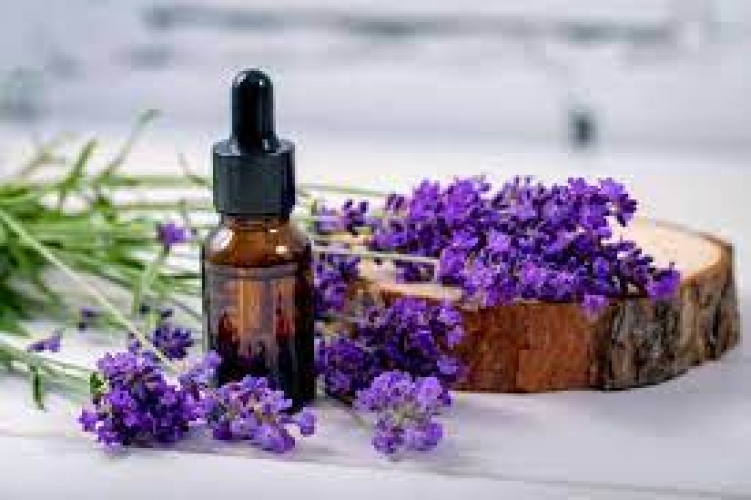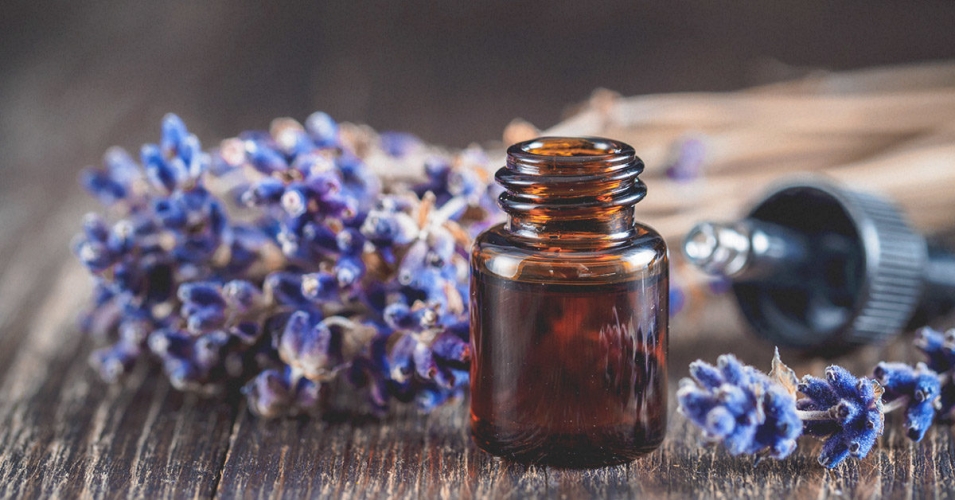The Comprehensive Guide to Lavender Oil: Benefits, Uses, and Safety
Lavender oil, derived from the lavender plant (Lavandula angustifolia), is one of the most popular and versatile essential oils in aromatherapy. Known for its calming and soothing properties, it has been used for centuries in various forms of traditional medicine. This comprehensive guide explores the many benefits, uses, and safety considerations of lavender oil.
Benefits of Lavender Oil
1. Stress and Anxiety Relief
Lavender oil is renowned for its ability to alleviate stress and anxiety. Inhaling lavender essential oil has been shown to reduce stress levels, promote relaxation, and improve mood. Studies have found that it can significantly decrease anxiety in patients undergoing dental procedures and those in intensive care units.
2. Improved Sleep Quality
One of the most common uses of lavender oil is as a natural remedy for insomnia and other sleep disorders. Its calming aroma can help to ease the mind, reduce restlessness, and promote deeper, more restful sleep. A study published in the Journal of Alternative and Complementary Medicine found that lavender oil improved sleep quality in postpartum women.
3. Pain Relief
Lavender oil has analgesic and anti-inflammatory properties, making it effective in relieving pain from various conditions. It can be used to alleviate headaches, muscle aches, and joint pain. Topical application of lavender oil has been found to reduce the severity of menstrual cramps in women.
4. Skin Care
Lavender oil is widely used in skincare due to its antimicrobial and antioxidant properties. It can help to treat acne, eczema, and other skin conditions. Lavender oil also promotes wound healing and can reduce the appearance of scars and blemishes.

Uses of Lavender Oil
1. Aromatherapy
Lavender oil is a staple in aromatherapy. It can be diffused into the air using a diffuser, added to a bath, or inhaled directly from the bottle. Aromatherapy with lavender oil can help to create a relaxing environment, reduce stress, and enhance overall well-being.
2. Massage
When diluted with a carrier oil, lavender oil can be used for therapeutic massage. This not only helps to relax the muscles but also allows the oil's soothing properties to be absorbed through the skin, providing additional benefits.
3. Topical Application
For skin issues or localized pain, lavender oil can be applied directly to the skin. It is important to dilute it with a carrier oil, such as coconut or jojoba oil, to avoid irritation. A few drops can also be added to lotions or creams for enhanced skin benefits.
4. Household Uses
Lavender oil can be used as a natural air freshener, added to cleaning products for its antimicrobial properties, or used to repel insects. Its pleasant scent makes it a popular choice for homemade candles, soaps, and potpourri.

Safety Considerations
While lavender oil is generally safe for most people, it is important to use it correctly to avoid potential side effects:
- Dilution: Always dilute lavender oil with a carrier oil before applying it to the skin to prevent irritation.
- Patch Test: Conduct a patch test on a small area of skin to check for any allergic reactions before using it more extensively.
- Ingestion: Lavender oil should not be ingested unless under the guidance of a healthcare professional, as it can be toxic if consumed in large amounts.
- Pregnancy and Children: Pregnant women and young children should consult with a healthcare provider before using lavender oil, as it can cause hormonal changes and other effects.
Safety Guidelines for Using Lavender Oil
While lavender oil is generally safe, it's essential to use it correctly to avoid adverse effects:
- Dilution: Always dilute lavender oil with a carrier oil before applying it to the skin to prevent irritation.
- Patch Test: Perform a patch test on a small skin area to check for allergic reactions before extensive use.
- Ingestion: Avoid ingesting lavender oil unless advised by a healthcare professional, as it can be toxic in large amounts.
- Pregnancy and Children: Pregnant women and young children should consult a healthcare provider before using lavender oil, as it may cause hormonal changes or other effects.
Alleviating Anxiety and Stress
Lavender oil is well-regarded for its calming effects. Research indicates that inhaling its aroma can reduce anxiety, improve mood, and promote a sense of calm. It’s commonly used in aromatherapy to help manage stress-related conditions and induce relaxation.
2. Enhancing Sleep Quality
Lavender oil is a natural remedy for insomnia and other sleep disturbances. Its soothing scent can help ease the mind and body, promoting better sleep. Clinical studies have demonstrated that lavender oil improves sleep quality, especially in individuals with mild to moderate sleep issues.
3. Pain and Inflammation Relief
The anti-inflammatory and analgesic properties of lavender oil make it effective in managing pain. It can alleviate headaches, migraines, muscle soreness, and joint pain. Topical application has shown significant results in reducing menstrual cramps and postoperative pain.
4. Promoting Skin Health
Lavender oil is a potent ingredient in skincare due to its antibacterial and antioxidant properties. It can help treat acne, eczema, and psoriasis. Additionally, it aids in wound healing and reduces the appearance of scars and blemishes.
Comments
Post a Comment